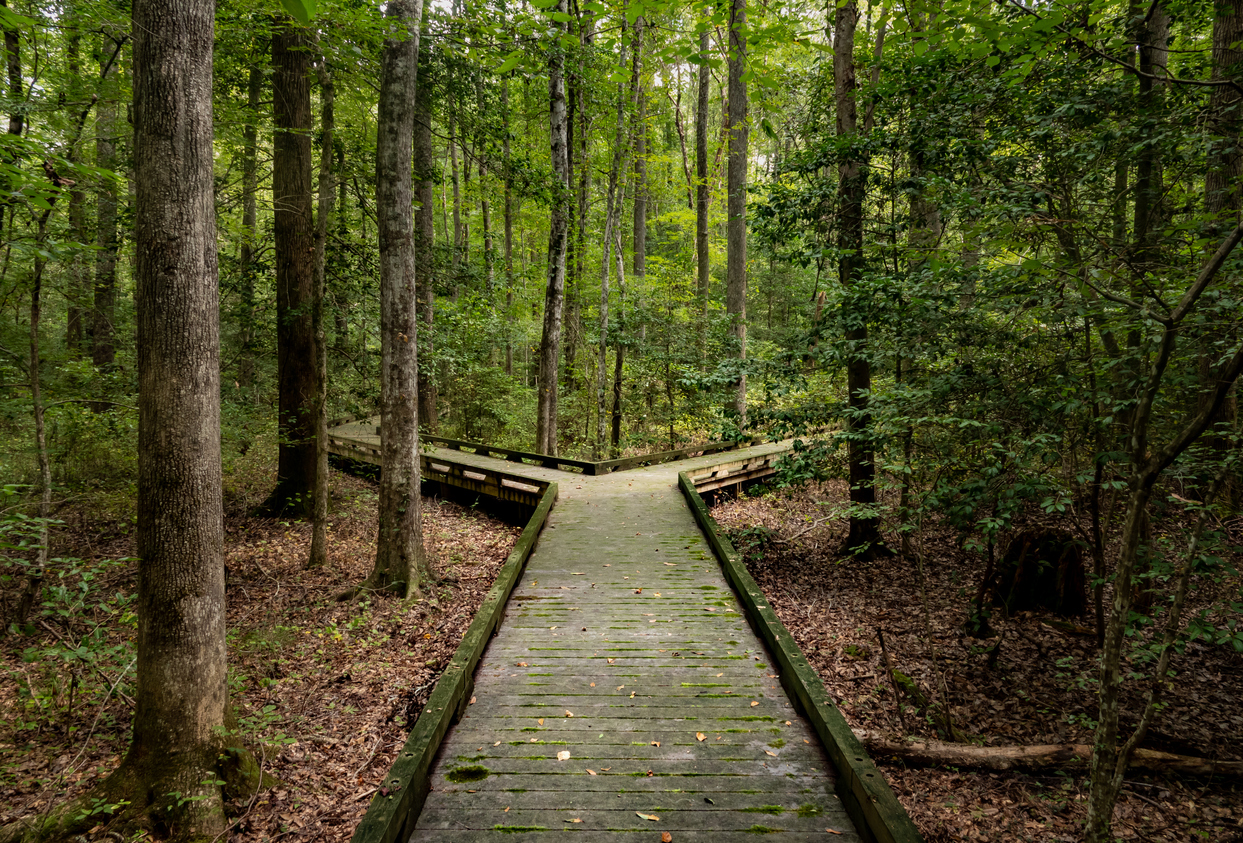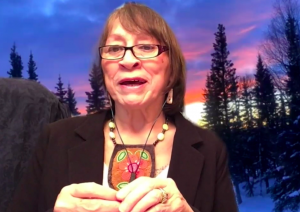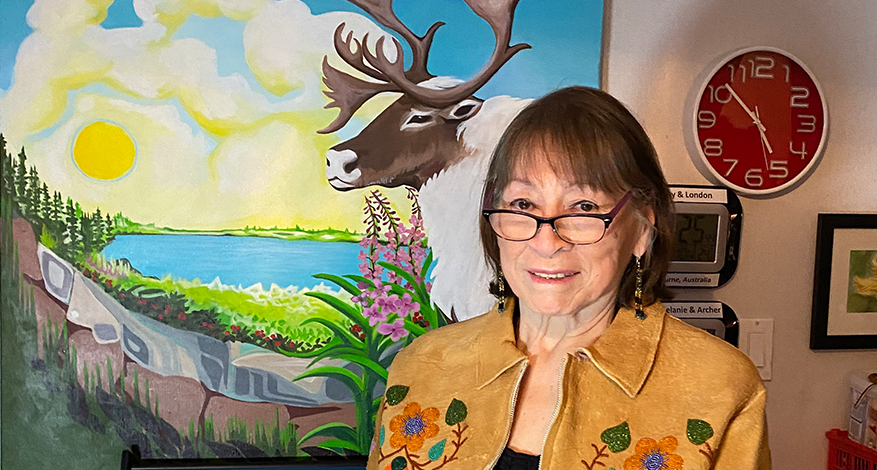
Infographic: A path forward – job transition prospects in Canada
June 22, 2021
Strategic approaches to international student employment
June 22, 2021The Honourable Ethel Blondin-Andrew, P.C. is a Shútao’tine (Mountain Dene) from Tulit’a, Northwest Territories (NWT). She is a senior leader with the Indigenous Leadership Initiative. Early in her formidable career, Blondin-Andrew taught in three NWT communities; in Tuktoyaktuk, Deline and Fort Providence, eventually specializing in Indigenous language curriculum development in Yellowknife. In 1988, Ms. Blondin-Andrew was the first Indigenous woman elected to Parliament, serving for 17 years as an MP, 13 of them in cabinet. These days she spends much of her time out on the land working with Indigenous Guardians and helping them to address issues of food security for her people.
In a sentence or two, describe why career development matters.
We need to be deliberate, and we have to plan our future. Too many times, people leave it up to whatever happens. I believe you’ve got to combine vision, skills and make room for constant renewal and learning.
Which book are you reading right now and why did you choose it?
Killers of the Flower Moon by David Grann. This book is about the people of the Osage that were taken off their land and put on a piece of land that the government in the States thought was useless, but it was oil-rich. The system felt they couldn’t have that, so they were murdering them.

The Honourable Ethel Blondin-Andrew presents at CERIC’s virtual Cannexus21 conference.
What was your first-ever job and what did you learn from it?
I was a cashier when I was young, and then I went to work at the hospital as a candy striper. I learned how to deal with people. I learned how to be humble. And I learned that there was no job too big or too small, for me or anybody else there.
What do you do to relax and how does it help you?
Something I do is food harvesting. I love to pick berries. I prepare and make dried meats, because I like giving to people who are not well. It relaxes me to know someone’s going to receive it.
What is the one thing you wouldn’t be able to work without? Why?
I am much known as a pen hog. I always feel as though if I haven’t had a pen in my hand during the day, it’s a lost day.
What’s something you want to do in the next year that you’ve never done before?
Write a book. Everybody wants to know when I’m going to write my book. The other is to do a pilgrimage.
Who would you like to work with most and why?
If I can live long enough, I’d like to work with my grandchildren. I have two of them. I want to give them the gift of our language. I want to give them the gift of how culturally and historically we worked.
What is one piece of advice you have for people as we navigate these challenging times?
Keep active, eat well, sleep well and do one thing at a time.
Which talent or superpower would you like to have and how would you use it?
I’d like to be able to heal people’s spirit. I’d like to give them back their power. The greatest gift in the world is to know that you made a difference to people like that.
What do you consider your greatest achievement and why?
I have become involved with conservation and caring for the Earth. In accordance with my old teachings from my people, I have a responsibility to my people, I have a responsibility to the animal kingdom and I have a responsibility to the Earth. At 70 years old, I’ve done a lot of things that involve other people’s power, other people’s objectives; this is mine.
This interview has been edited and condensed.

